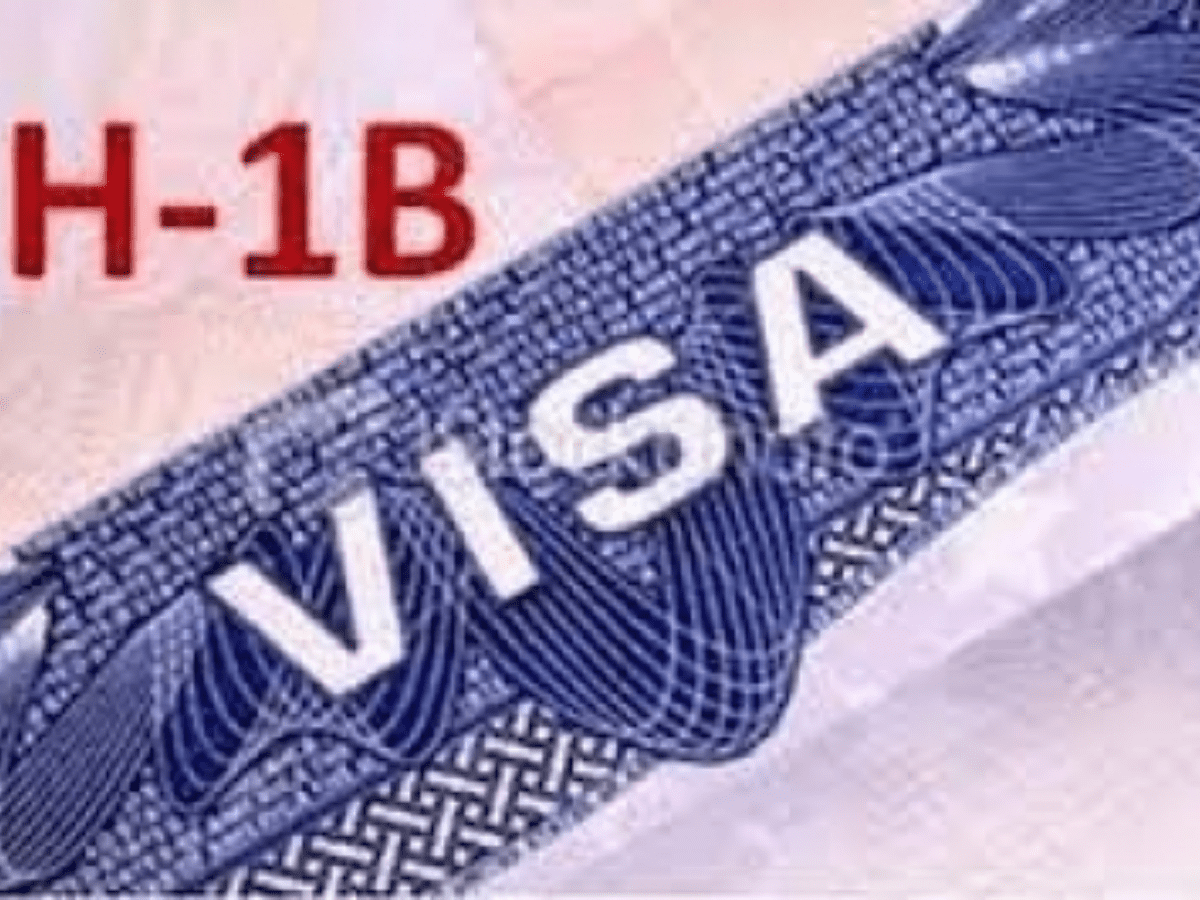
Washington: In major relief for thousands of Indian techies, a US court has dismissed a lawsuit that sought to deny work authorisation to spouses of H-1B visa holders in queue for Green Card, ending the uncertainty that has dogged them for years.
A district court of Washington ruled on Wednesday that the work authorisation is in compliance with the Immigration and Naturalisation Act and supported by “decades of Executive-branch practice, and both explicit and implicit congressional ratification of that practice”.
The United States had granted more than 59,000 work authorisations – called Employment Authorisation Documents (EADs) and Form I-765 – in 2021, including both initial and renewal to holders of H-4 visas that are granted to spouses of H-1B visa holders who are mostly from India. There are more than 100,000 H-4 EAD holders now, mostly women.
The US has been granting EADs to H-4 spouses of H-1B visa holders whose applications have been accepted for Green Card since 2015, under a rule introduced by then President Barack Obama. The objective was to make it financially worthwhile for H-1 holders waiting for Green Card, which takes many years for applicants from India.
The rule, technically issued by the Department of Homeland Security (DHS), was challenged by Save Jobs USA, an organisation of workers of a California company laid off because their jobs had been outsourced – also in 2015 – to two companies from India, Infosys and Tata Consultancy, which were staffed almost entirely at the time with Indian IT workers on H-1B visas.
The rule was defended by the DGS, joined by intervenors Immigration Voice and an impacted Indian-descent H-1B spouse, and friend-of-court filings from more than 40 companies and organisations.
Save Jobs USA had argued, chiefly, that the “rule lacks statutory authorization, violates the non-delegation doctrine, and is arbitrary and capricious”.
US District Judge Tanya S. Chutkan threw out their lawsuit, ending years of uncertainty, which included four years of President Donald Trump’s term, when immigration hardliners of his administration had appeared more sympathetic to the case made out by the Save Jobs USA than to DHS.
After proposing it in 2017, the Trump administration had notified a rule in 2019 rescinding the H-4 EAD rule.
And as an out-of-court settlement seemed between the Trump administration and Save Jobs USA, Immigration Voice, an advocacy group of Indians pushing for changes in US laws to end long waiting periods for Indians in queue for Green Card. Vikram Desai of the organisation said it was this intervention that prevented the out-of-court settlement.
“None of the big tech companies in 2017 and during the Trump administration did anything to help with saving the H4 EAD programme. In fact, big tech discouraged their employees citing fear of retaliation from the Trump administration,” Desai said, adding, “Our members have been extremely upset about the double-standards that the large tech companies continue to show on high-skilled immigration and equality for their employees.”
President Joe Biden withdrew the Trump era proposal on his first day in office, among a whole host of other rules and decisions from his predecessor’s administration. Clearly, the Biden administration has been in favour of letting H-1B spouses work, as ordered during President Obama’s tenure.
The court order has ended all and any remaining uncertainty.

